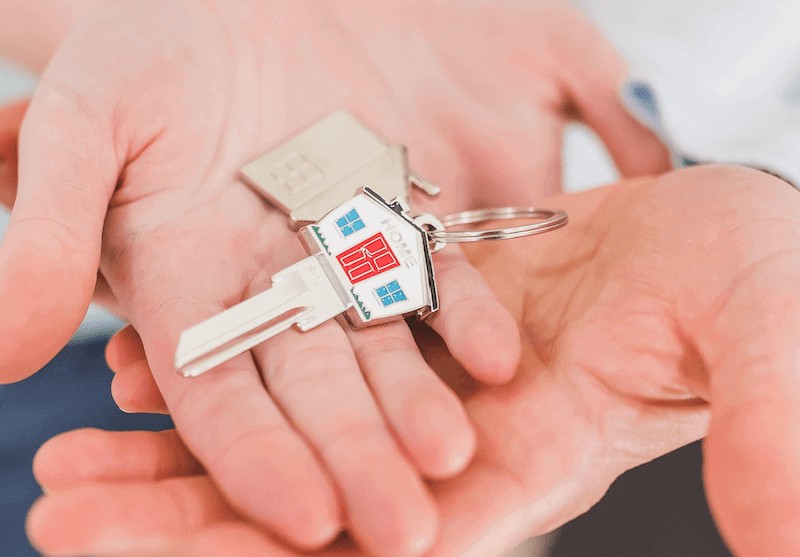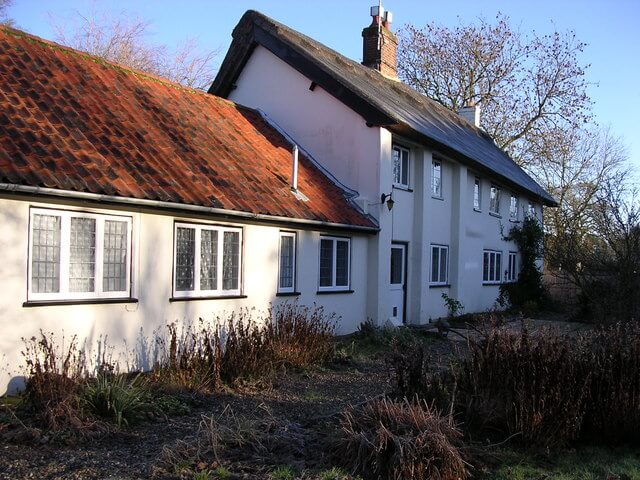Your property could be the most valuable thing that you own and if you do not have a partner or spouse, it is likely that you will want to pass on your home, flat or properties to your loved ones i.e children. However, what are the implications for someone inheriting the property? Is there tax involved? Do they have to continue making your mortgage repayments? Octagon Capital explains below.
The role of who gets your property falls under the guise of estate planning, which includes things like will writing, funerals and what happens to your estate. When you die, your property and belongings are typically handled by your solicitor that you have instructed and the executor of your will that you have allocated, who will be able to make sure that everyone gets their fair share.

Do I inherit the property immediately?
Yes, although do not worry that things are going to change overnight and you are going to be given heavy bills to pay. Most mortgage lenders are very lenient when it comes to inheriting a property and are willing to offer you a grace period to get everything organised and inheritance tax does not need to be paid for up to 12 months. Until the will is executed and you officially take on ownership, there is no one to collect from anyway.
What can I do with the property that I inherit?
Once the will has been executed, then you own the property and can do with it as you wish including sell it, rent it out or indeed live in it. You may find that you can make a residual income by renting it out to tenants or you may wish to make one lump sum by selling it outright when the market is performing well. You could also hang onto it as a long-term investment if you believe that it will go up even more in price.
In the event that you wish to do any development or refurbishment work on the property, you could look at bridge finance to provide a few hundred thousand pounds over 3 to 24 months. You may find that add an extension or conversion to the property could increase its value by 20% or more, helping you make a better return on the property you have inherited.
Who makes decisions about the property?
As per the will, it is the executor who makes the key decisions about the property and successfully passes it over to the recipient. The executor is usually someone that the deceased person knows but isn’t necessarily in the will itself, otherwise it would impact their impartiality. So it could be a solicitor, in-law, friend or colleague. The executor is responsible for the payment of any tax, clearing any debts and distributing the estate to the beneficiaries as outlined in the will.
Do I have to pay the mortgage on a property that I have inherited?
If there is a life insurance policy for the bereaved individual, this can be used to pay off mortgage payments. If there is no life insurance policy or no money allocated, the responsible will lie on the person who has inherited the property to make mortgage repayments each month.
As mentioned above, you are not expected to make payments immediately, you are given a grace period. Of course, if the previous owner owned the property outright, then there is no mortgage and you simply own it 100% with zero payments.
What other costs are there for an inherited property?
In addition to mortgage fees, you may have buildings and contents insurance for any fittings, skirtings and belongings in the house. You need to be insured in the event of a fire, flood, theft or vandalism.
If you are not planning on living there, there are other forms of insurance that can be important such as landlords insurance if you are renting it out to tenants, or if you are leaving it empty, then it is things like unoccupied home insurance and second home insurance.
What tax do I pay on the property?
- Inheritance tax
- Income tax
- Capital gains tax
Inheritance tax
Inheritance tax on a property is huge. If the property is worth less than £325,000, then you are not required to pay anything. Once it is over £325,000, you are required to pay 40% of the value on top.
Income tax
Any revenue you generate from the property from renting it out to tenants is considered to be extra income and is taxable. Depending on how much income you make after costs such as mortgage fees and insurance, the amount of tax you pay will vary depending on the profit you make.
Capital gains tax
If you sell the property, and it has increased in value since you acquired it, you may be required to pay capital gains tax on the difference. This only applies on properties that are not your main residence of living. In some cases, it is better for the inheritor to move into an inherited property immediately, making it their main residence, in order to pay a lower rate of tax.
